
Findings
Insights, discoveries, and analysis from Harvard scholars and scientists.
-
 Health
HealthSix cancers rising faster in younger adults than older ones
Large new global study fuels growing concern over trend of increases in several types
-
 Science & Tech
Science & TechCan a chatbot be a co-author?
Physicists take souped-up ChatGPT out for a spin, return home with significant discovery
-
 Science & Tech
Science & TechA ‘cocktail’ recipe for brain cells
Stem cell biologists discover how to regenerate type damaged in ALS, spinal cord injuries
-
 Health
HealthDrinking 2-3 cups of coffee a day tied to lower dementia risk
Caffeinated tea also found to slow cognitive decline in study
-
 Science & Tech
Science & TechBreaking chess’s rating stalemate
Ranking skill can be tricky when the best players draw more than they win, so a Harvard statistician invented a new method
-
 Health
HealthNew AI tool predicts brain age, dementia risk, cancer survival
Unlike other AI models, BrainIAC needs limited data to ID key neurological health indicators
-
One way to help big groups of students? Volunteer tutors.
Research finds low-cost, online program yields significant results

-
Had a bad experience meditating? You’re not alone.
Altered states of consciousness through yoga, mindfulness more common than thought and mostly beneficial, study finds — though clinicians ill-equipped to help those who struggle
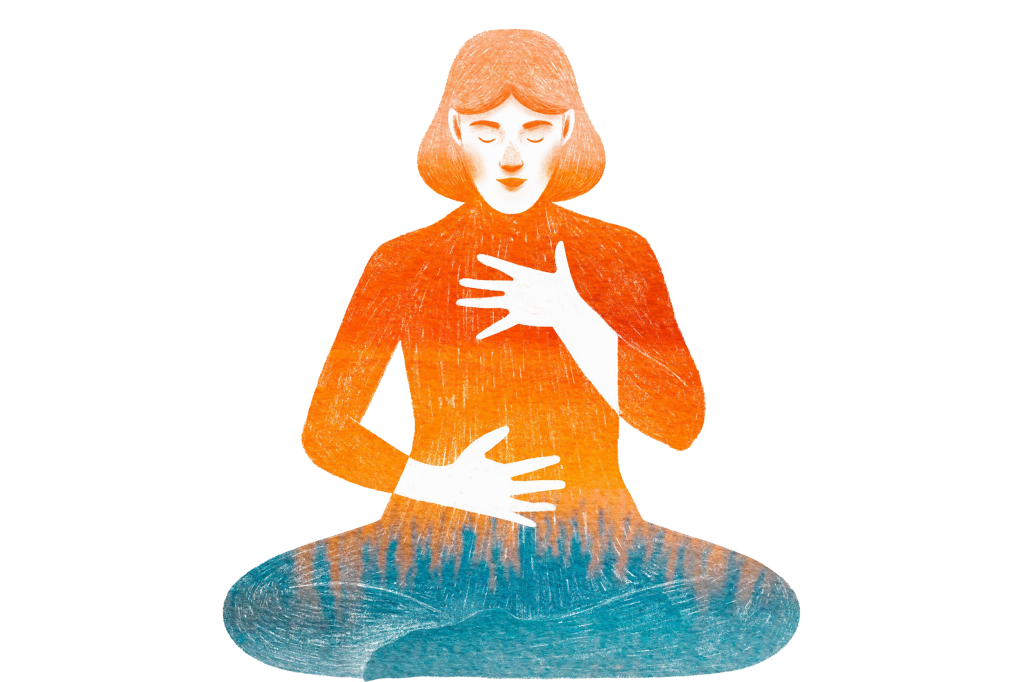
-
Rethinking life-support decisions
Of the survivors within one study group, more than 40% recovered at least some independence.
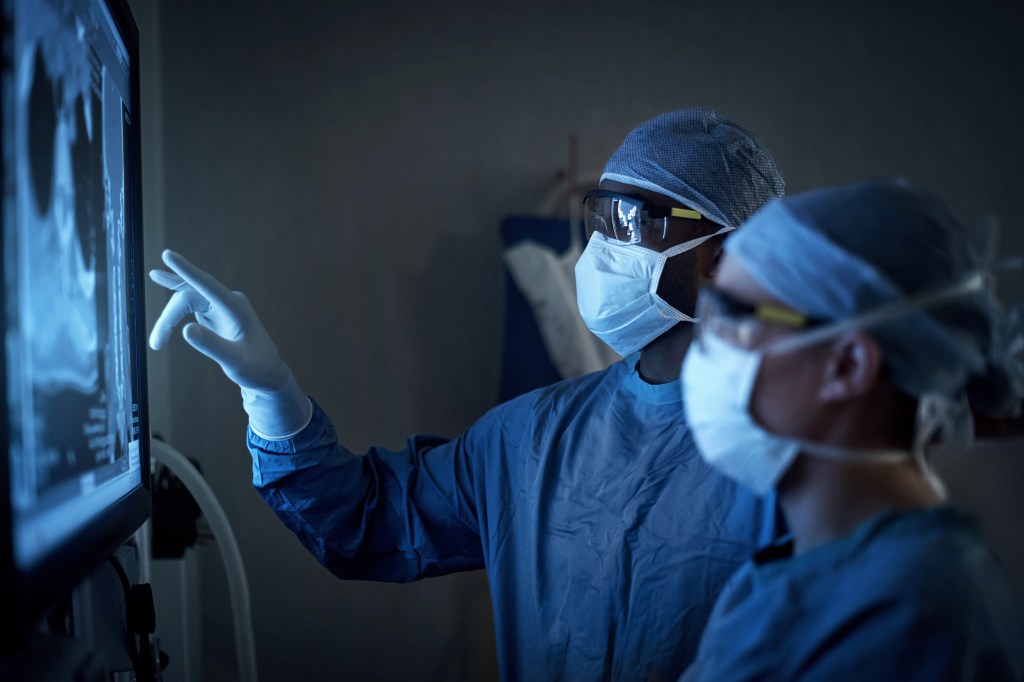
-
Everything counts!
New study finds step-count and time are equally valid in reducing health risks
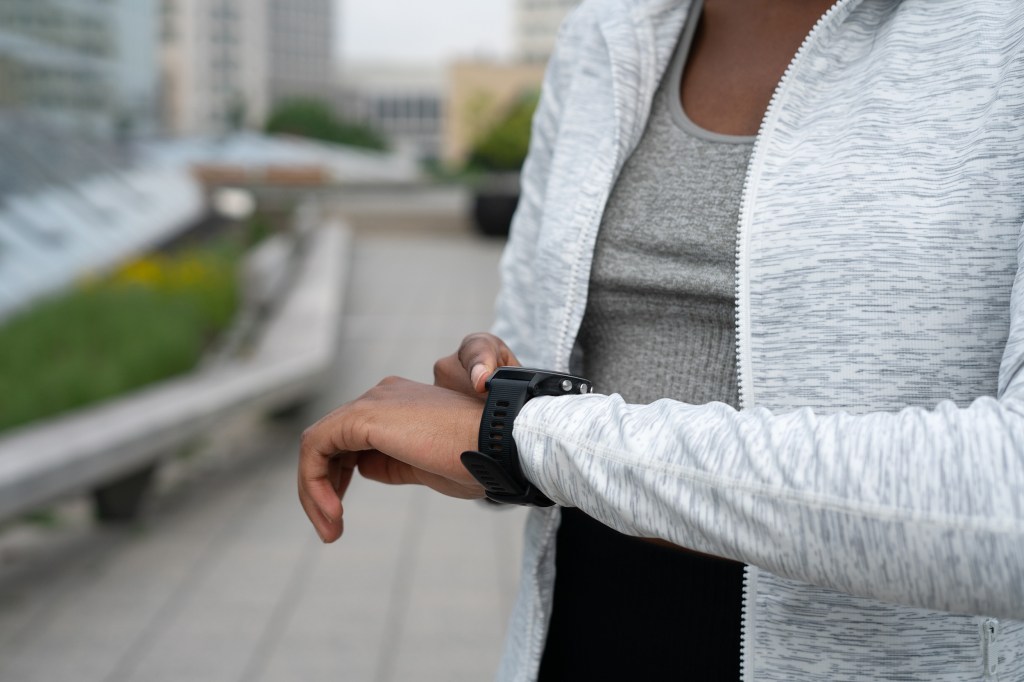
-
Glimpse of next-generation internet
Physicists demo first metro-area quantum computer network in Boston
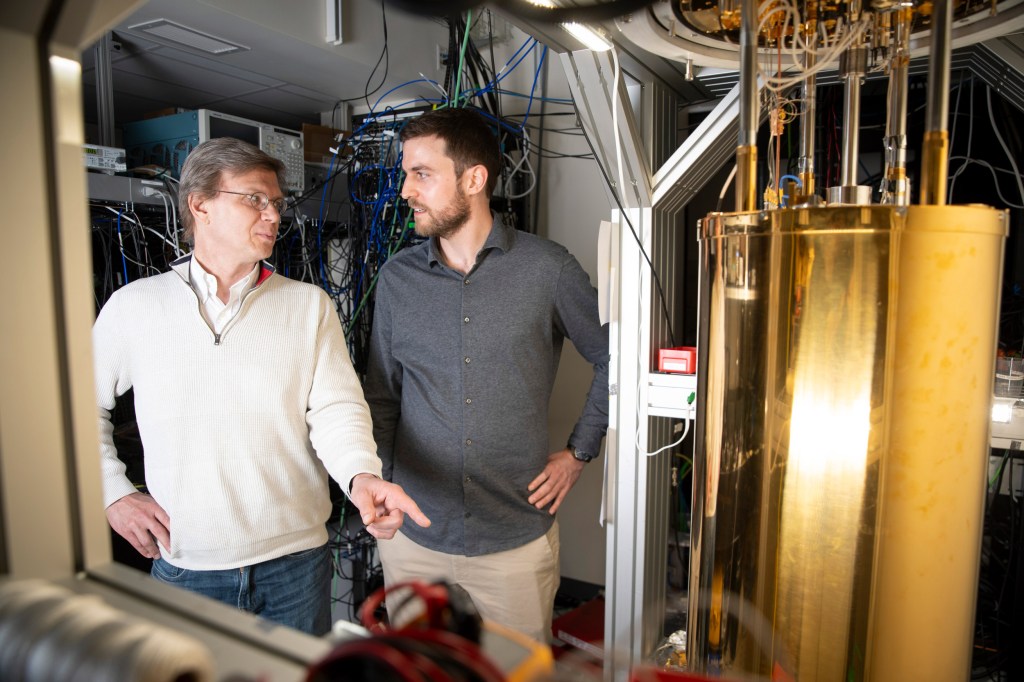
-
Science is making anti-aging progress. But do we want to live forever?
Nobel laureate details new book, which surveys research, touches on larger philosophical questions
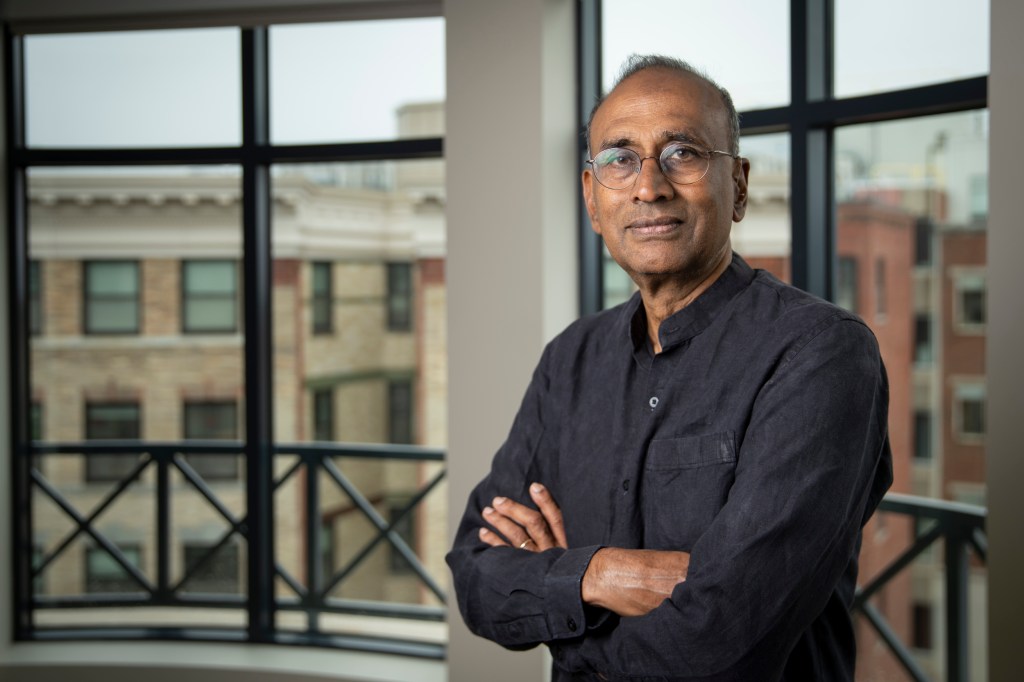
-
More educated communities tend to be healthier. Why? Culture.
New study finds places with more college graduates tend to develop better lifestyle habits overall
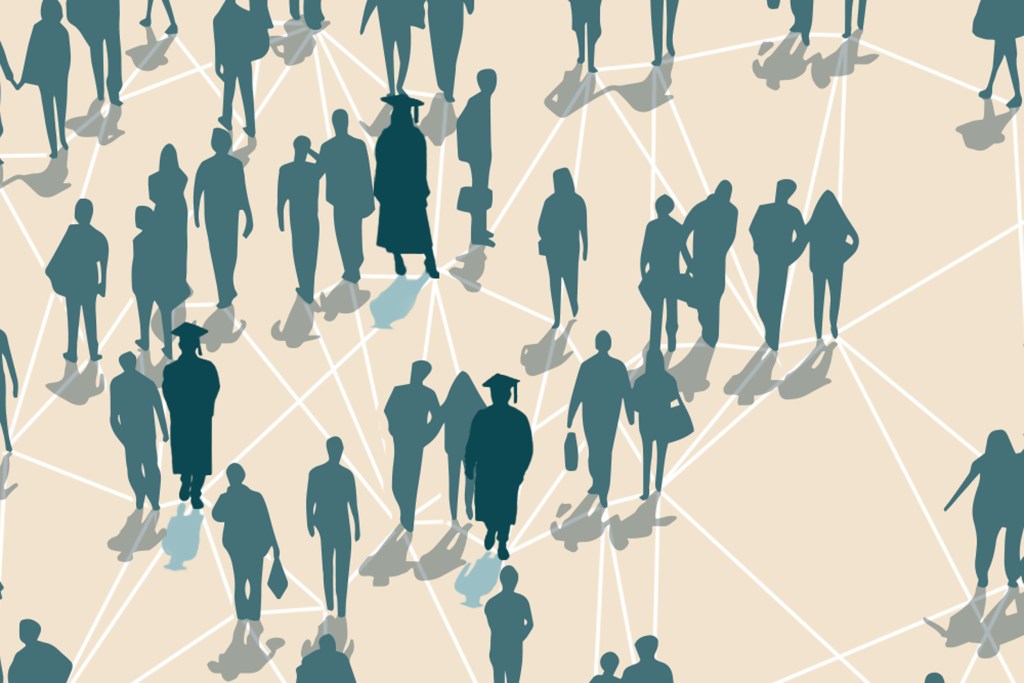
-
Got milk? Does it give you problems?
Biomolecular archaeologist looks at why most of world’s population has trouble digesting beverage that helped shape civilization
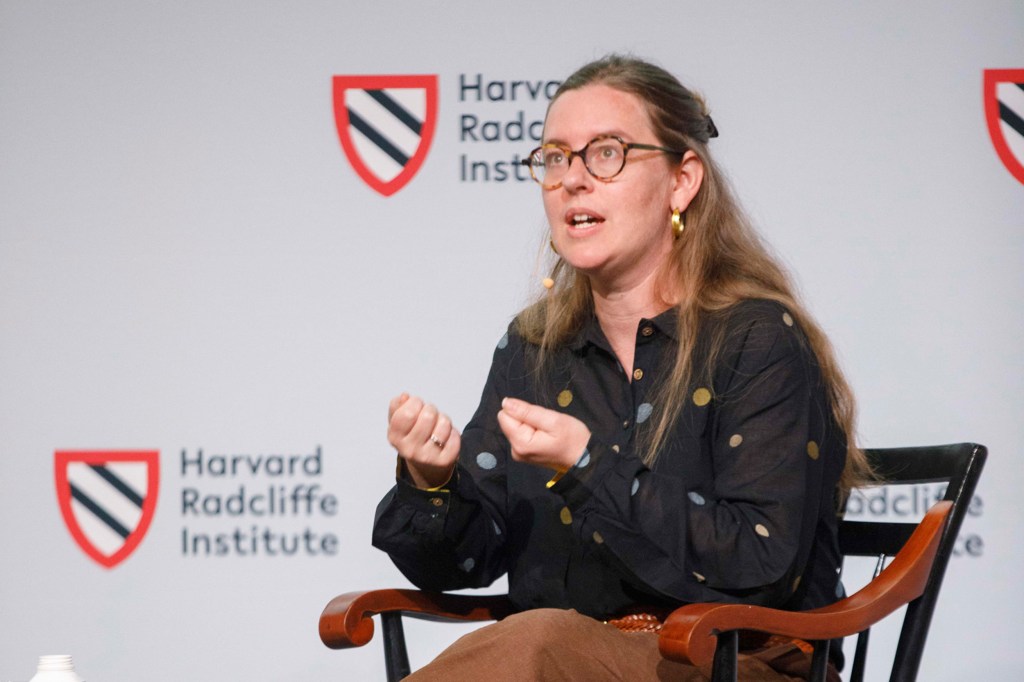
-
Epic science inside a cubic millimeter of brain
Researchers publish largest-ever dataset of neural connections
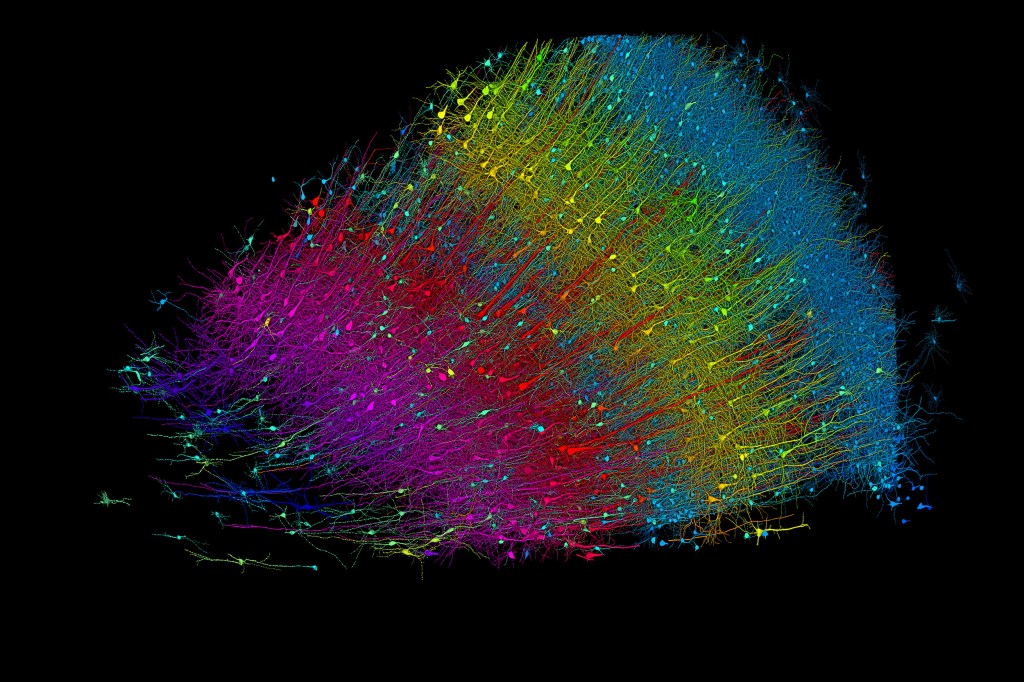
-
Excited about new diet drug? This procedure seems better choice.
Study finds minimally invasive treatment more cost-effective over time, brings greater weight loss
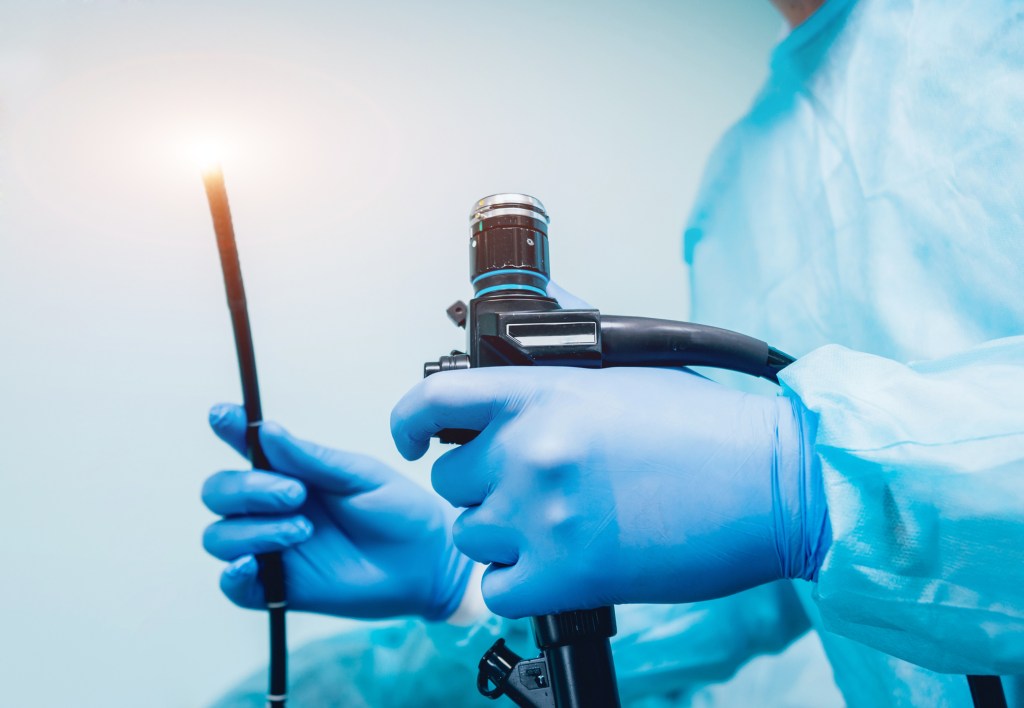
-
How friends helped fuel the rise of a relentless enemy
Economists imagine an alternate universe where the opioid crisis peaked in ’06, and then explain why it didn’t

-
Getting ahead of liver cancer
Researchers hope identifying blood proteins may lead to earlier prediction of risk, increase treatment options
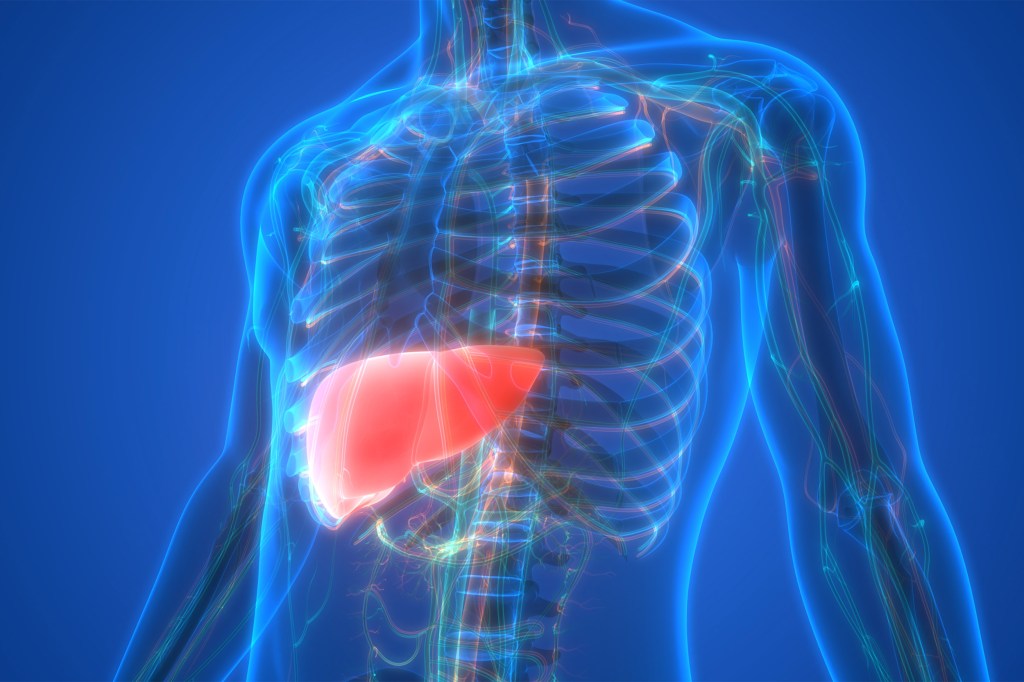
-
Alcohol is dangerous. So is ‘alcoholic.’
Researcher explains the human toll of language that makes addiction feel worse

-
Can we talk?
Study finds that conversation – even online – could be an effective strategy to help prevent cognitive decline and dementia

-
Early warning sign of extinction?
Fossil record stretching millions of years shows tiny ocean creatures on the move before Earth heats up
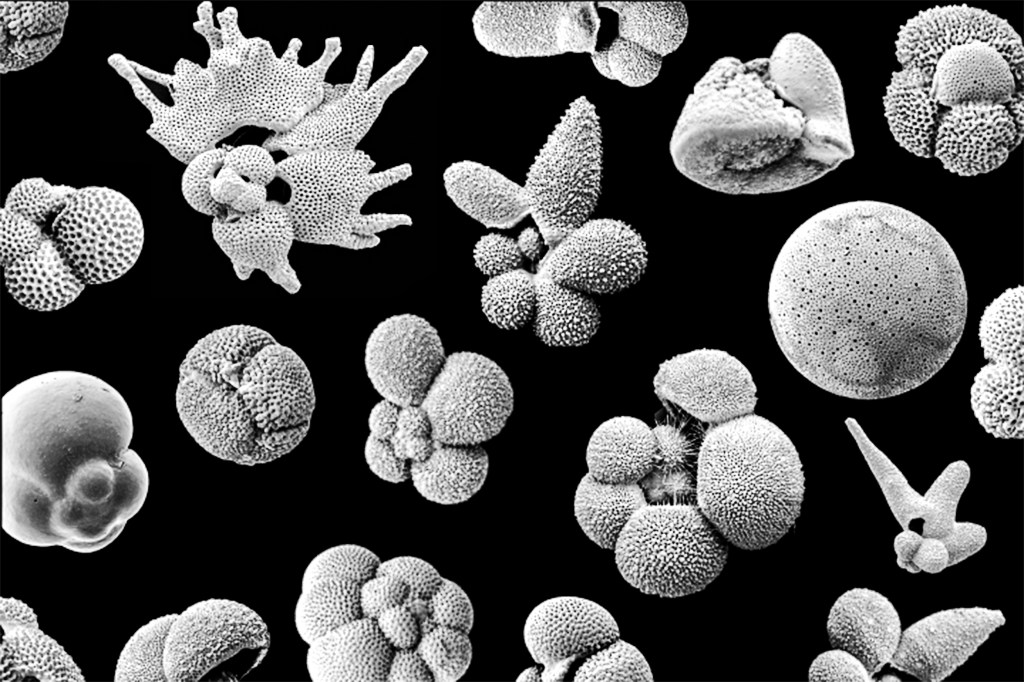
-
Lawyers reap big profits lobbying government regulators under the radar
Study exposes how banks sway policy from shadows, by targeting bureaucrats instead of politicians

-
So much for summers of love
Despite ‘hippie’ reputation, male bonobos fight three times as often as chimps, study finds
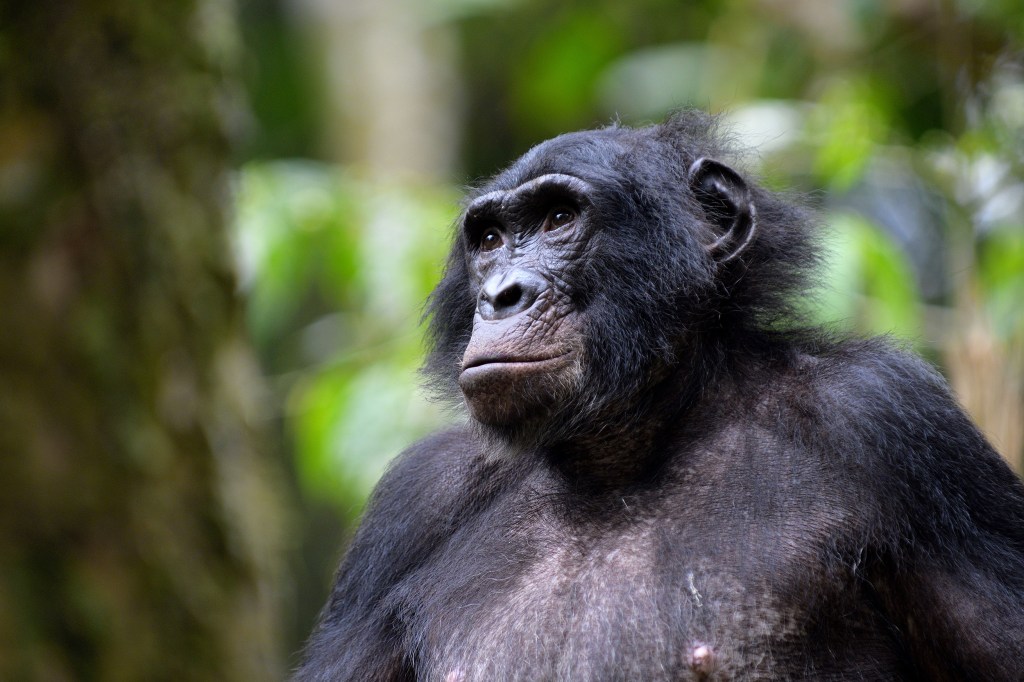
-
Exercise cuts heart disease risk in part by lowering stress, study finds
Benefits nearly double for people with depression
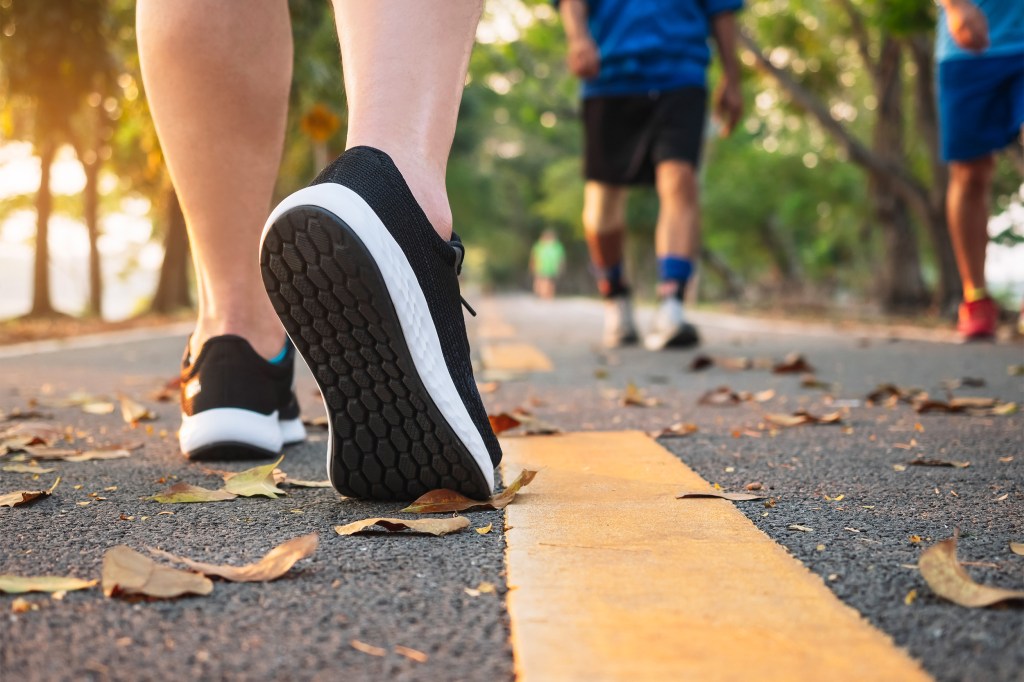
-
Amazon butterfly evolved from hybrids
Genomic findings challenge thinking on what makes a species
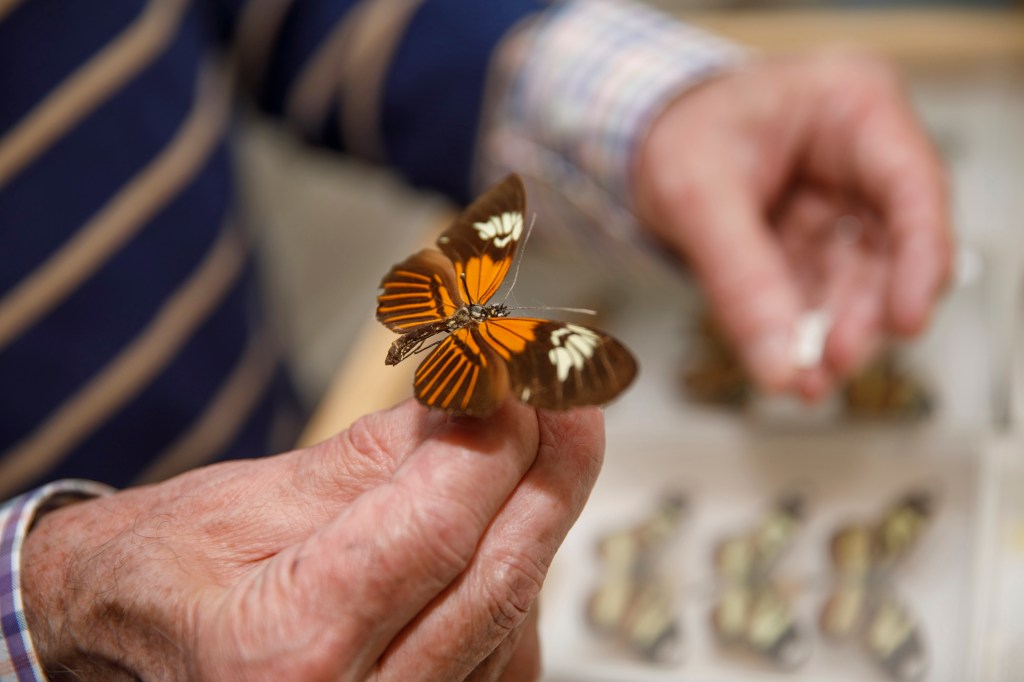
-
A molecular ‘warhead’ against disease
Approach attacks errant proteins at their roots
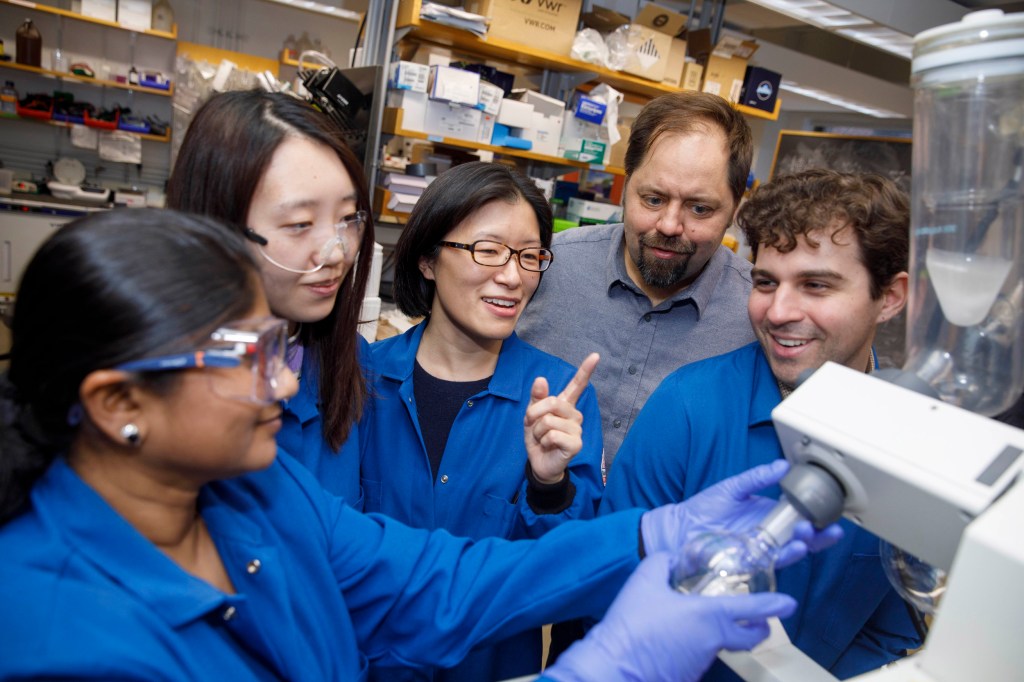
-
Aspirin cuts liver fat in trial
10 percent reduction seen in small study of disease that affects up to a third of U.S. adults

-
Why are we so divided? Zero-sum thinking is part of it.
Researchers examine who embraces mindset that one’s gain is another’s loss, and how that affects our politics — in sometimes surprising ways
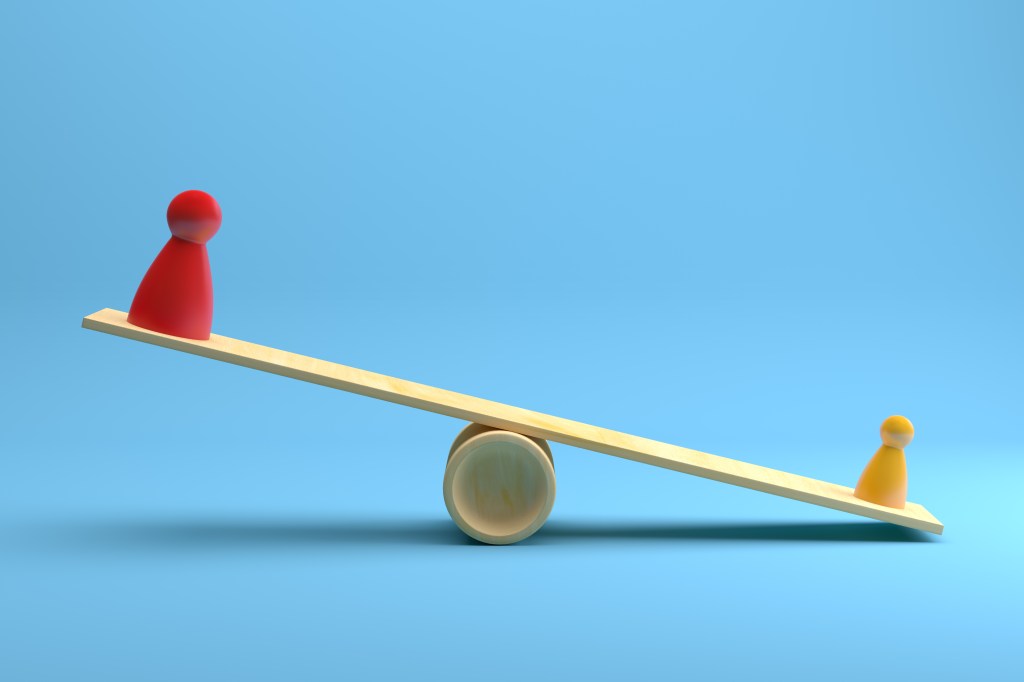
-
Parkinson’s warning in skin biopsy
Medical office procedure identifies key biomarker that may lead to more reliable diagnosis of neurodegenerative disorders
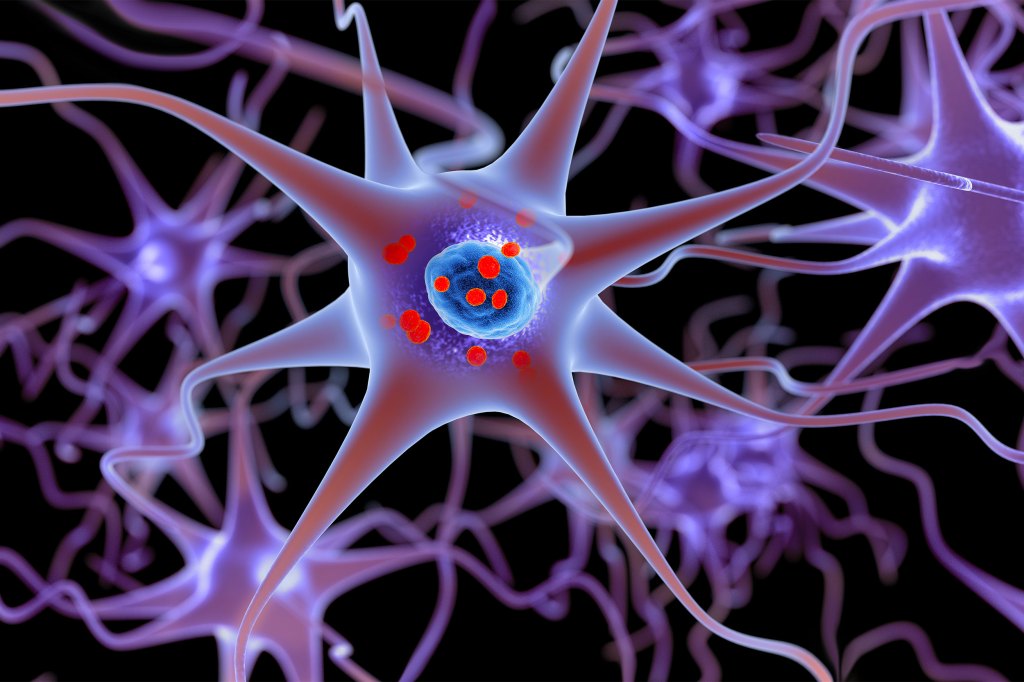
-
How the already anxious avoided global spike in COVID anxiety
Psychological tools learned by those in treatment proved protective in high-stress event, study finds
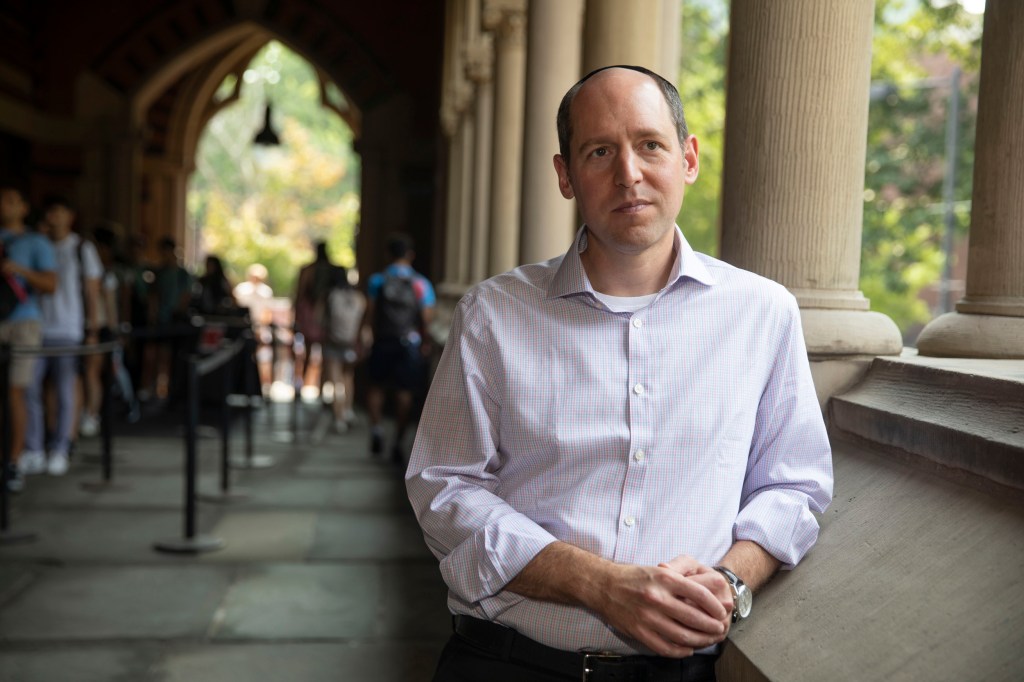
-
Larger lesson about tariffs in a move that helped Trump but not the country
Researcher details findings on policy that failed to boost U.S. employment even as it scored political points

-
Menopause depression risk has been exaggerated
Some groups are more vulnerable but symptoms far from universal, review finds

-
Despite prevalence, arthritis, neck and back pain receive few research dollars
Musculoskeletal diseases are the leading cause of years lived with disability
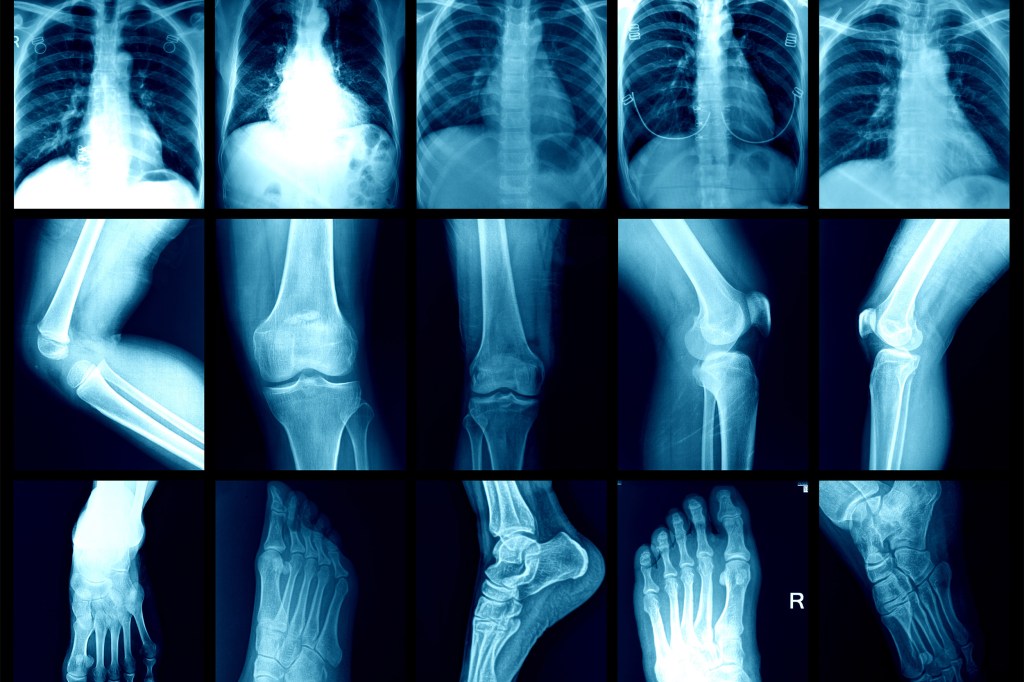
-
Glimpse into how mind may affect healing
Study finds bruising fades faster in patients who are led to believe more time has passed than actually has

-
Do high-stress jobs put pregnancy at risk?
Study compared outcomes for expecting doctors, lawyers. One group fared worse.

-
Harvard physicists create a new phase of matter
First demonstration of non-Abelian anyons in a quantum processor



